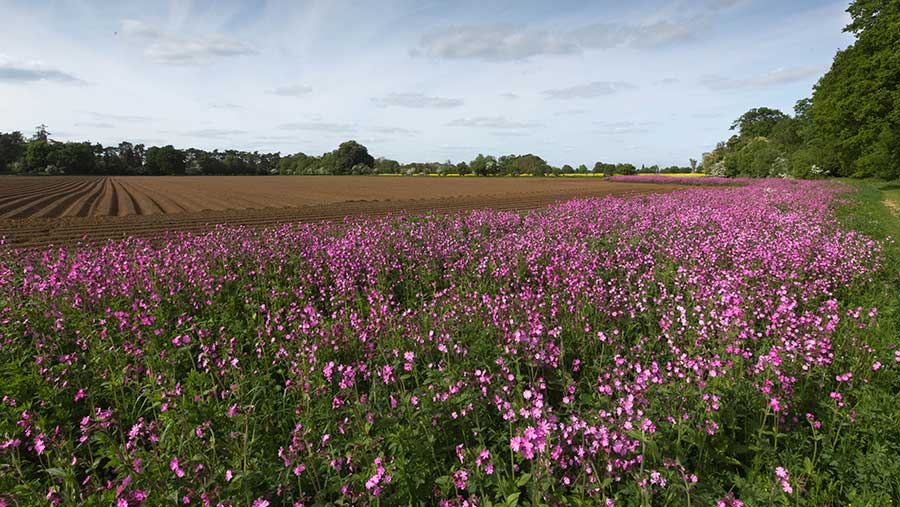Opinion: Four ways Defra can do better when it comes to ELM
 © Tim Scrivener
© Tim Scrivener Most farmers are mindful of their obligation to improve habitats and protect the environment alongside their farming activities. Most, in fact, are personally invested in achieving these goals.
But serious shortcomings in the design and delivery of agri-environmental schemes in England is hindering their efforts.
To have any chance of achieving the government’s goal of increasing participation in these schemes to 70%, Defra must urgently tackle four issues.
See also: SFI 2023 – what’s on offer for arable farmers
About the author

Jonathan Armitage is head of farming for land agent Strutt & Parker.
Administration
Over the past few years, we had started to see some improvements in the Rural Payments Agency’s (RPA) performance, mostly in dealing with the Basic Payment Scheme.
Now, however, applications for mid-tier Countryside Stewardship agreements are being hit by technical problems, lack of decent guidance, and delays in replying to customers.
Communication remains a challenge and, while Defra is keen for farmers to transition from old to new schemes, it seems to put still more hurdles in the way.
To illustrate the problem, I was recently sent a letter from the RPA regarding a client.
It explained that a 2019 inspection of a Higher Level Stewardship agreement had identified a 0.6ha shortfall in the area of nectar flower mix, so penalties were being applied.
It is ridiculous to penalise a minor infringement applied six years after the original “over-declaration”.
The RPA may argue it is a legitimate application of old EU rules, but how should I encourage this particular farmer to engage in future schemes?
Scheme design
It is seven years since the Brexit referendum and nearly three years since the Agriculture Act 2020, yet we still seem to be in the throes of scheme development and change.
Defra placed the idea of “co-design” at the heart of its strategy and there is a lot to be said for a collaborative approach.
However, it cannot continue to develop schemes on the hoof for prolonged periods and expect farmers to engage with total trust.
Fair agreements
One of the developments that worries me most is the sudden, unexpected termination of all 2022 Sustainable Farming Incentive (SFI) agreements.
Farmers who had planned how the scheme might fit with their current practices and forecast financial outcomes have now been told their three-year scheme commitment will be terminated after only a few months.
This sort of gung-ho treatment of the very people delivering environmental improvements on the ground must stop.
Joined-up thinking
Over the past 12 months we have seen the abandonment of the Local Nature Recovery scheme, that was to be the “cornerstone” of government policy, to be replaced by an extension of the existing Countryside Stewardship (CS) scheme.
The initial SFI has now also been abandoned and replaced with something which, frankly, looks like CS, or CS-light perhaps.
Farmers considering renewing an existing CS scheme must meet the mid-August application deadline, or keep their fingers crossed that any SFI application will be approved to replace it by 1 January.
It is yet another blocker for participation and concrete guidance for this transition is urgently required.
Final word
While the various Environmental Land Management schemes will play a role in achieving our biodiversity and climate change goals, it is unlikely that on their own they will deliver the outcomes that are required.
The reality is that people running successful, well-capitalised farming businesses, investing in their own legacies, will be pivotal to meeting those goals.
Treating these people with respect must be a crucial part of Defra policy.
